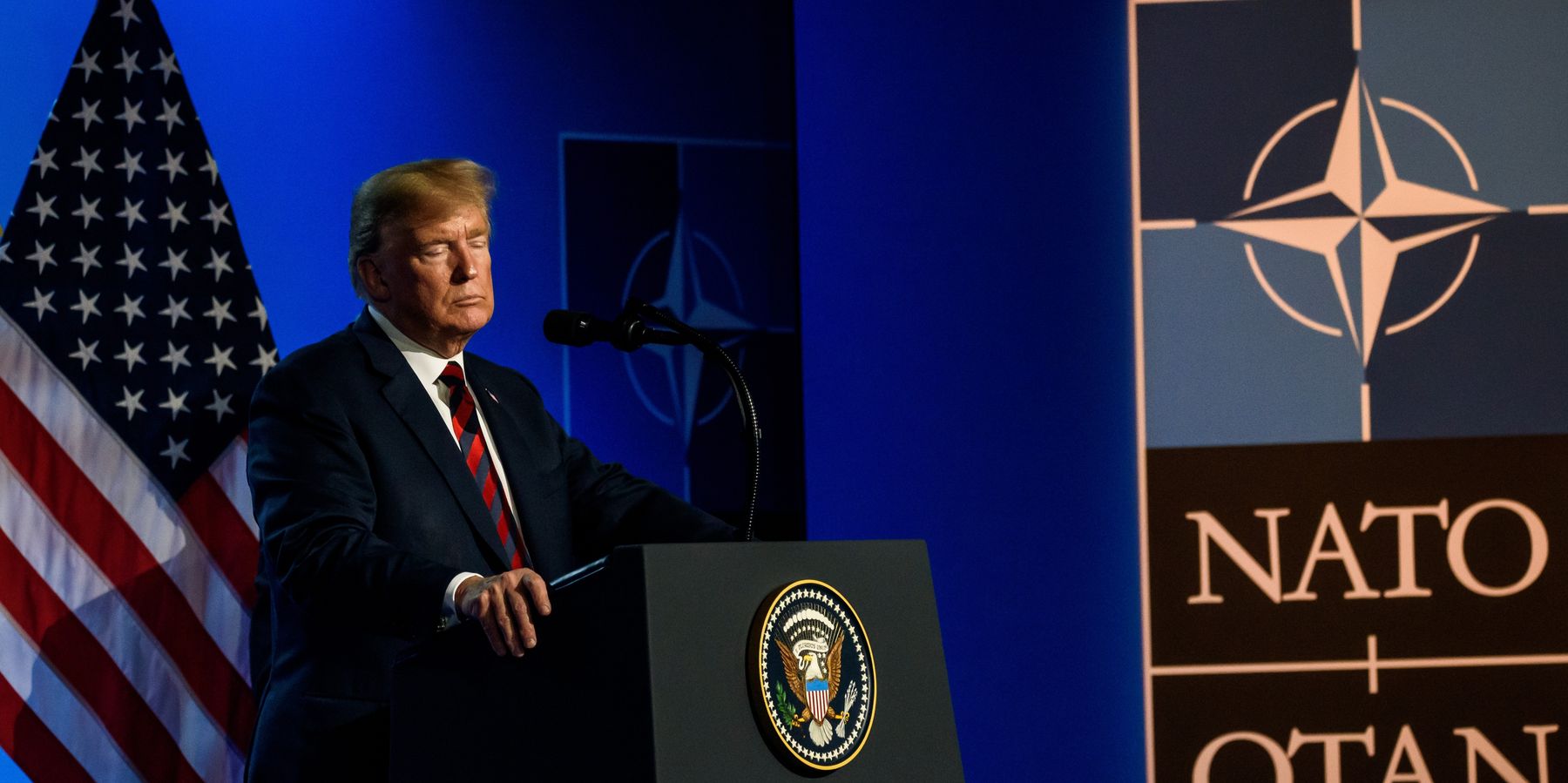April 4 marked the 75th anniversary of the signing of the North Atlantic Treaty by the foreign ministers of the original 12 members of the NATO alliance. And rather serendipitously, it was reported this week that NATO secretary general Jens Stoltenberg has proposed standing up a new $100 billion fund to help Ukraine continue its effort against the Russian invasion — just in time for the anniversary.
While only in the planning stages, the so-called Mission for Ukraine proposal would also see NATO take control of the Ramstein Group which the U.S. set up to coordinate military supplies to Ukraine (this particular aspect of the plan was immediately met with a cold shoulder by the White House yesterday). The alliance support for the proposal, which seeks to “Trump-proof” support for the Ukraine war in the event the former president is elected and seeks to pull the plug on U.S. funding for Ukraine, is split along lines one might expect, with support coming from the Baltics, Poland, and The Washington Post, and opposition from Hungary.
Critics, such as the legendary American diplomat Chas Freeman say that the plan is simply “a case of throwing good money—in this case, borrowed money—after bad."
Freeman sees this as a case of NATO clutching at straws, after all, as he tells Responsible Statecraft, "NATO has run out of Ukrainians to sacrifice on the battlefield as well as the armaments production needed to equip the existing, greatly depleted Ukrainian armed forces. A bond fund will neither create more Ukrainians nor produce more weapons to arm those who have so far survived.”
What both Europe and Ukraine really need, says Freeman, “is peace, and this demands negotiations with Russia. This is a shameless attempt to use financial capitalism to avoid that reality, while further enriching munitions manufacturers. NATO is not a hedge fund and should not attempt to behave like one.When alliances attempt to borrow money for lost causes, you would be right to judge that they know the jig is up.”
Stoltenberg has reportedly pitched the plan as a means “to shield the mechanism against the winds of political change.” As such it is redolent of the way the European Commission functions when it seeks to supplant national law with supranational diktat. If voters in the U.S. or Canada or France or Germany seek to elect people (like Trump) who want to defund the war effort, the existence of such a fund essentially overrules them, i.e., “Trump-proofing.”
Chicago-based international affairs analyst Neil Bouhan sees this as an attempt to “insulate a fundamentally political body, NATO, from the politics of the body’s most important member, the U.S. It hands over billions of dollars to NATO and seemingly discretionary control over the U.S. military.”
Indeed, the proposal raises a number of questions, such as: does it violate the NATO charter? The NATO treaty posits that “an armed attack against one…shall be considered an attack against them all.” But Ukraine is not a NATO member and the treaty, in any case, merely calls for consultations in the event “the territorial integrity, political independence or security of any of the Parties is threatened.”
Does it mean American military assets in Europe will be controlled by an unaccountable bureaucracy in Brussels? After all, as an unnamed diplomat told the Financial Times yesterday “This will be crossing a Rubicon. Nato will have a role in coordinating lethal support to Ukraine.”
As of now the White House seems to be taking a ‘wait and see’ approach. But the Biden administration seems to have a fatal attraction to bad ideas, of which this is yet another in a rather depressingly long series.
- When officials say the quiet part about Russia and NATO out loud ›
- Beyond the Noise: NATO Debates, Past and Present ›
- Dreaming of an older, calmer NATO | Responsible Statecraft ›
- Zelensky’s victory plan overshadowed by Milton | Responsible Statecraft ›
- Europe already 'Trump proofing' Ukraine war aid | Responsible Statecraft ›
















